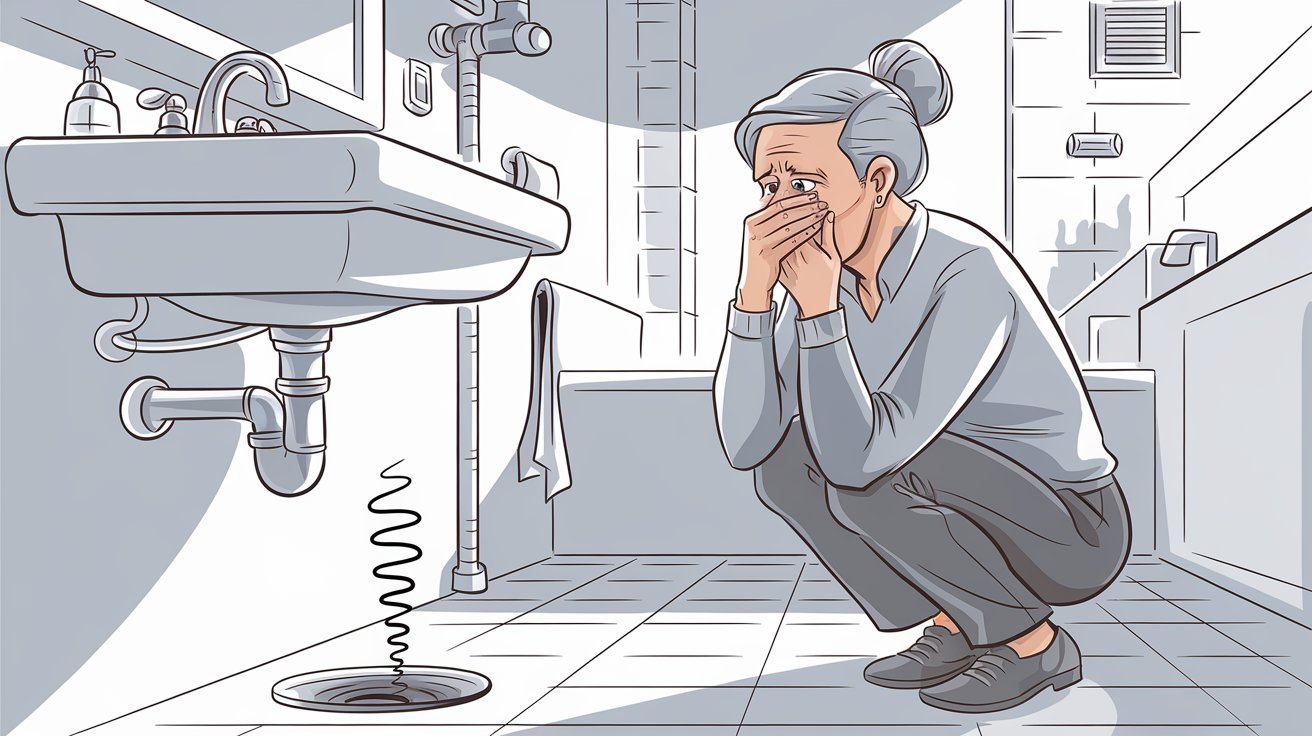Septic smells in bathrooms can be a distressing issue for homeowners. Not only do these odors disrupt your comfort, but they may also indicate deeper problems within your plumbing or septic system. Understanding the causes of these unpleasant smells is crucial for effective remediation and maintaining a healthy living environment. In this article, we will explore the common reasons behind septic smells in bathrooms and provide practical solutions to eliminate them.
Table of Contents
- What Causes Septic Smells?
- How Do These Odors Affect Your Home?
- Identifying the Source of Odors
- Solutions to Eliminate Septic Smells
- Preventive Measures
- When to Call a Professional
- Septic Permit Links by State
What Causes Septic Smells?
Septic smells typically arise from several sources:
- Sewer Gas: This gas, which includes methane and hydrogen sulfide, can escape from your plumbing system if there are leaks or blockages. Sewer gas is not only unpleasant but can also pose health risks if inhaled in large quantities.
- Dry Traps: Water traps in sinks, toilets, and showers are designed to prevent sewer gases from entering your home. If these traps dry out—often due to infrequent use—odors can seep into your living space.
- Vent Issues: Plumbing systems are equipped with vents that allow sewer gases to escape outside. If these vents are blocked or improperly functioning, pressure imbalances can occur, causing odors to back up into your bathroom.
How Do These Odors Affect Your Home?
Septic smells not only create an uncomfortable atmosphere but can also indicate potential health hazards. Prolonged exposure to sewer gas can lead to headaches, nausea, and other health issues. Moreover, persistent odors may signal underlying plumbing problems that require immediate attention.
Identifying the Source of Odors
Signs of Septic Smells in Bathrooms
Recognizing the signs of septic smells is the first step toward resolution. Common indicators include:
- Foul Odors: A strong sewage smell emanating from drains or toilets is often the most noticeable sign.
- Gurgling Sounds: If you hear gurgling noises when flushing toilets or draining sinks, this could indicate blockages in the plumbing system.
- Persistent Smells: If odors worsen after heavy rain or increased water use, it may suggest issues with your septic system.
Common Areas to Check
When investigating septic smells in bathrooms, focus on these areas:
- Toilets: Inspect for leaks around the base or cracks in the porcelain that might allow odors to escape.
- Sinks: Ensure that traps are filled with water; if not used frequently, pour water down the drain to refill them.
- Showers: Look for standing water or clogged drains that could lead to odor buildup.
Solutions to Eliminate Septic Smells
Immediate Fixes
If you notice septic smells in your bathroom, consider these quick solutions:
- Flush Traps: Pour water down infrequently used drains (like guest bathroom sinks) to refill traps and block odors from entering your home.
- Baking Soda and Vinegar: This natural combination can help neutralize odors in drains. Pour half a cup of baking soda followed by half a cup of vinegar down the drain. Let it sit for 30 minutes before flushing with hot water.
- Check for Blockages: Inspect all visible plumbing fixtures for clogs that could be causing backups and odors.
Long-term Solutions
For more persistent issues, consider these long-term strategies:
- Regular Maintenance: Schedule professional inspections every 3-5 years as recommended by experts. Regular maintenance helps catch potential issues early before they escalate into major problems.
- Professional Inspections: If you suspect deeper issues within your septic system or plumbing, consult a professional plumber who specializes in septic systems.
- Install a Backwater Valve: This device prevents sewage from backing up into your home during heavy rains or system overloads.
Preventive Measures
Taking proactive steps can help prevent septic smells from developing in the first place:
- Proper Waste Disposal: Avoid flushing non-biodegradable items like wipes or feminine hygiene products that can clog your system and lead to odors.
- Septic Tank Care: Regularly pump your septic tank as needed—typically every 3-5 years—to maintain its efficiency and prevent backups.
- Maintain Vents: Ensure that plumbing vents are clear of debris and functioning properly to allow gases to escape outside effectively.
When to Call a Professional
If you notice persistent odors despite taking corrective measures, it may be time to consult a professional. Signs that indicate the need for expert help include:
- Frequent backups or clogs that disrupt daily activities.
- Strong sewer gas odors that do not dissipate even after cleaning efforts.
- Visible damage around plumbing fixtures or signs of sewage leakage outside your home.
A qualified plumber can perform a thorough inspection, identify underlying issues, and recommend appropriate solutions tailored to your specific situation.
Conclusion
In summary, septic smells in bathrooms can stem from various factors such as sewer gas leaks, dry traps, and venting issues. By identifying the source of these odors and implementing effective solutions—ranging from immediate fixes like flushing traps to long-term maintenance—you can restore comfort to your home and ensure a healthier living environment. For ongoing maintenance needs, consider consulting professionals who specialize in septic systems. Need help with septic tank maintenance? Check out our product reviews!








